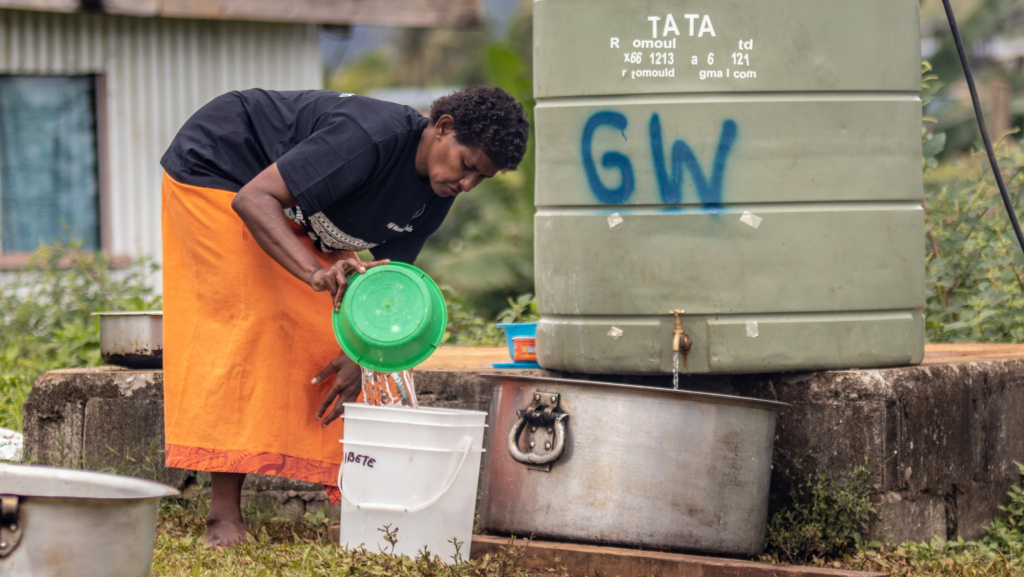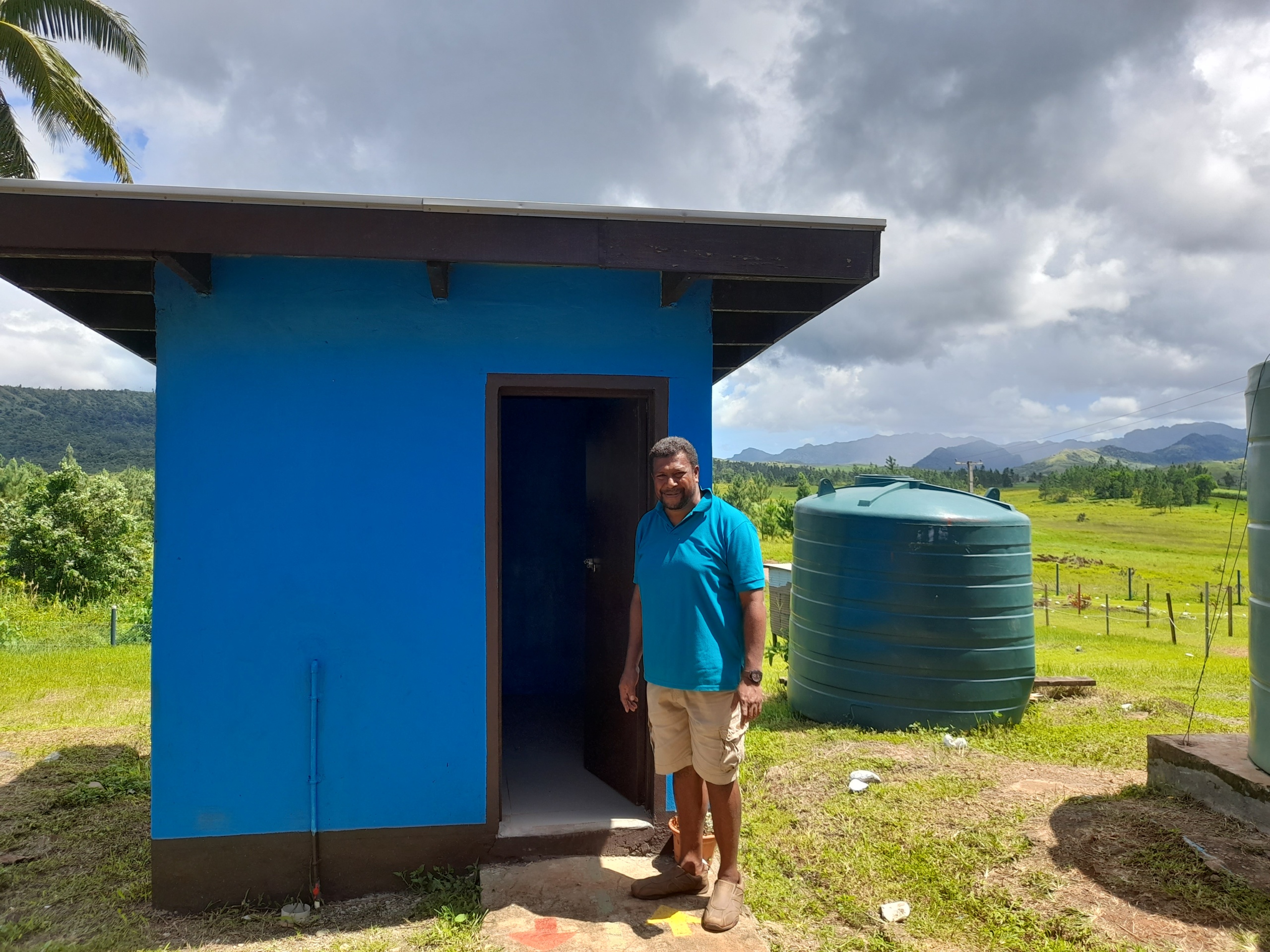Today is Menstrual Hygiene Day, every month over 1.8 billion people across the world menstruate, however due to lack of education, sanitation facilities and persisting taboos and stigmas many are unable to manage their periods in a way that is healthy, safe and dignified. These issues are a major factor in women and girls missing important commitments and affecting school attendance and participation in community life.
A 2022 UNICEF report stated that the lack of education prior to their first period left many people feeling overwhelmed, scared, embarrassed and overall unprepared when the situation arose. As an example, in Bangladesh only 32% of girls were aware of periods before their first one. This highlights the desperate need for better education and resources to not just help girls, but whole communities in understanding menstrual hygiene and how to manage it in a way that doesn’t hinder daily life, opportunities or negatively affect physical or mental health.
Whilst education is crucial, progress is not possible without also providing access to adequate WASH (water, sanitation and hygiene) facilities. The absence or inadequate availability of toilets, clean water, soap, and sanitary products are typical major access barriers.
Over the past 4.5 years, Habitat for Humanity Australia has been working with Habitat for Humanity Fiji on the Water for Women Fiji (WfW) project. One part of the project focused on the importance of Menstrual Hygiene Management (MHM).

The WfW project saw Habitat Australia work closely with communities in Fiji to address the issue of gender imbalance when it comes to WASH related issues and access to safe water and sanitation infrastructure. A key element of the project is improving the gender balance in local water committees, empowering more women into positions of authority, and implementing educational programs in local schools and communities.
The WfW project has delivered improvement of MHM infrastructure facilities in seven schools, that together with education programs have succeeded in reducing absentee rates of senior girls by 80-90%. This was recorded through interviews with schoolteachers as part of the project evaluation. The facilities have also been a catalyst for teachers to further support access to MHM products.
The head-teacher at Nalaba School reported this drastic change and highlighted the importance of cultural tradition and modern education’s ability to coincide saying;
“Before the project, the girls were sent home when they got their periods, but now they can stay and learn. Additionally, when girls first get their periods, traditionally they spend a whole week at home as a form of a “coming-of-age” celebration. Since the MHM facilities have been introduced, this practice has now shifted to evening celebrations, with girls now attending school during the days.”
Another teacher at Nalaba School, Anare Osborne (pictured above with a newly constructed menstrual hygiene facility at the school), who is also a WASH Co-ordinator , spoke of how Habitat trainings have widened his knowledge around designing lesson teacher plans on WASH systems, its importance and the benefits it brings to the school as a whole:
“As a WASH Co-Ordinator, [Habitat for Humanity engagements] helped me to act as an agent of WASH knowledge, not only to students but to other teachers.”
The Water for Women Project in Fiji has had and will continue to have an ongoing impact in communities in Fiji and their relationship with menstrual hygiene practices, awareness, education and facilities. If you would like to read more about the project, you can read a breakdown here: https://habitat.org.au/world-water-day-the-water-for-women-project/
Habitat for Humanity Australia and our implementing partner Habitat for Humanity Fiji supported the delivery of the Water for Women Project in partnership with the Australian Government Department of Foreign Affairs and Trade.
*Water for Women is the Australian Government’s flagship WASH program and was delivered as part of Australia’s international development program, investing $118.9 million over five years from 2018 to 2022.
References:
https://www.unicef.org/wash/menstrual-hygiene
https://www.wateraid.org/au/pacific-menstrual-health-network-evaluation-report-2022


